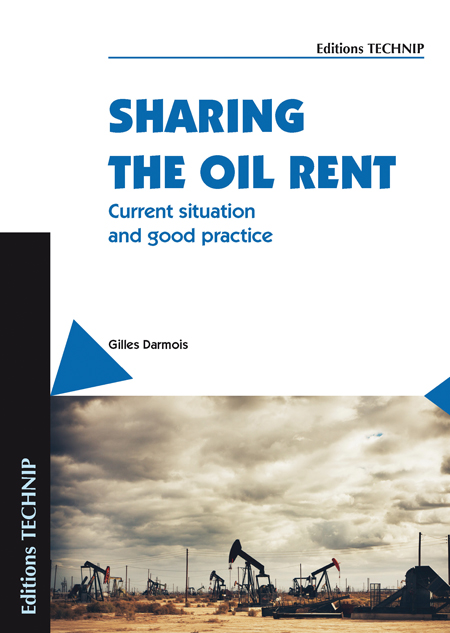Sharing the Oil Rent
Current situation and good practice
Auteurs : DARMOIS Gilles
ISBN : 9782710810353
broché 150 x 210 mm 192 pages
Date de publication : Mai 2014
Acheteurs américains

 Ajouter au panier 35 €
Ajouter au panier 35 €
60 years ago, a cartel of oil companies was in a position to dictate its conditions to oil producing States. The creation of OPEC, and the improvements in contracts greatly helped to rebalance the conditions of the sharing of the oil rent. Today, producer States can obtain contractual terms and settings that improve favorably their share of the rent, provided they analyze well their objectives and their strengths.
This book describes the evolution of the oil rent-sharing mechanisms over the years:
– How the upstream exploration-production industry functions and the three types of oil rent.
– It clarifies the issue of reserves, both from the techno-economic and the political aspects.
– The two main contractual forms that a producer State can use when dealing with an international oil company.
– The organizational choices offered to a producer State trying to maximize its underground hydrocarbon potential.
– The historical developments of contractual modalities.
– Some recommendations to States on the pros and cons of various contractual options.
This book will be useful to readers willing to understand the issues linked to the oil-rent sharing as well as to professionals (education, industry) who want to develop and deepen their knowledge of the subject.
This book is available in French Under the title "Le partage de la rente pétrolière".
Table des matières :
1. The exploration & production industry, oil rent, reserves. 2. The two main types of contracts. 3. Organization for a producer state. 4. From 1980 to 2010. 5. Proposal of best contractual practices, from bidding round to abandonment. Conclusion: enrich the country or its leaders? Exercises with commented answers. Corrected exercises. bibliography.

 Partager
Partager
 Tweeter
Tweeter

 Dossier de presse
Dossier de presse